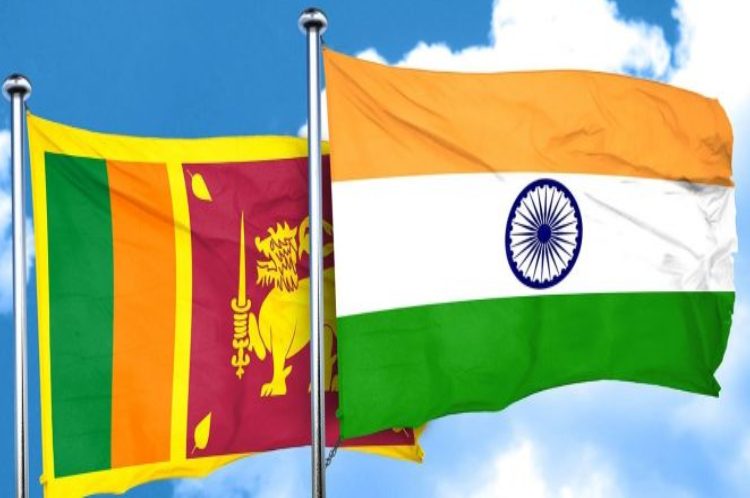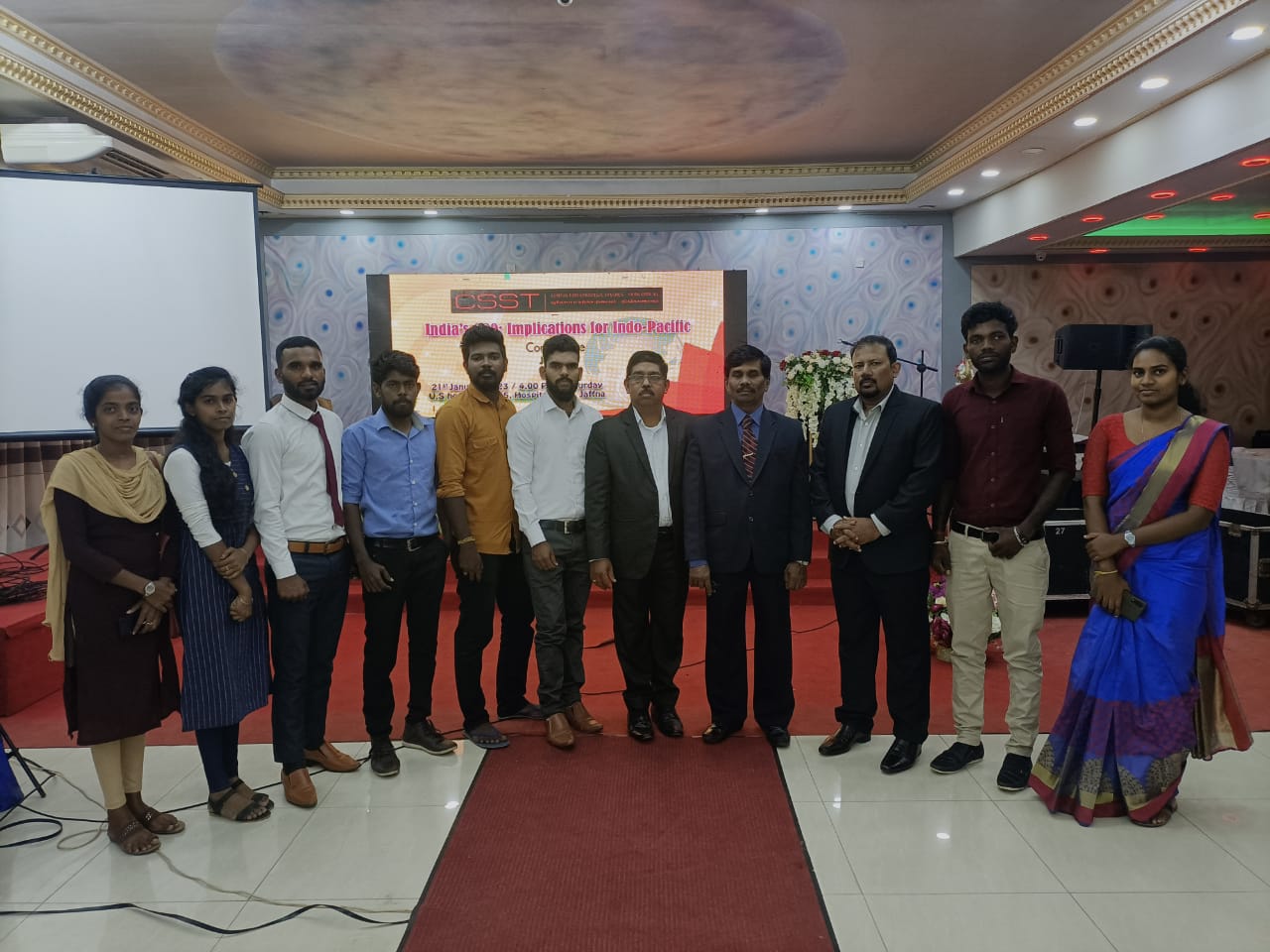As speculation swirls over whether Sri Lanka’s National People’s Power (NPP) government will hold provincial council elections next year, a bigger question looms: Will the NPP genuinely move forward with these elections, or is it preparing to abolish the provincial council system altogether, despite repeated assurances? Against this backdrop, India has once again reaffirmed its long-standing position—insisting that the full implementation of the Thirteenth Amendment to Sri Lanka’s Constitution is crucial for the country’s unity and stability. India’s recent statement at the 60th session of the United Nations Human Rights Council (UNHRC) is not mere diplomatic routine, but part of a decades-long commitment to Sri Lanka’s reconciliation process.
This year, India’s call was echoed by other influential international stakeholders, including the United Kingdom and Canada. These “core group” countries jointly underscored the urgency of early provincial council elections and the further devolution of power in accordance with the Thirteenth Amendment. The message is clear: meaningful devolution and genuine reconciliation are indispensable for Sri Lanka’s future.
Speaking at the UNHRC in Geneva, Anupama Singh, First Secretary at India’s Permanent Mission, summed up India’s enduring support: “As a close friend of Sri Lanka and an immediate neighbour with deep-rooted ties, India has remained steadfast in its support for relief, rehabilitation, resettlement, and reconstruction in Sri Lanka since 2009.”
She continued, “India believes that meaningful devolution and genuine reconciliation, through an inclusive approach, would contribute to nation-building and durable peace. Progress in these areas will benefit all communities in Sri Lanka and reinforce the strong foundation of friendship and trust between our nations.”
As Sri Lanka’s closest neighbour and most influential regional partner, India has long advocated for the full implementation of the Thirteenth Amendment—a provision born from the historic Indo-Lanka Accord of 1987. This accord was intended to devolve power and foster inclusive governance—goals that, decades later, have yet to be realized.
After intensive negotiations from 1985 to 1987, both moderate and militant Tamil factions agreed to India’s proposed framework for devolution. However, the Liberation Tigers of Tamil Eelam (LTTE) ultimately rejected this path, charting their own violent course until their eventual military defeat in 2009. With the LTTE gone, the Indo-Lanka Accord remains the only credible foundation for lasting peace—if, and only if, Sri Lanka’s leaders on both sides are truly willing to bridge the country’s deep-seated divides.
Critics of India’s involvement in Sri Lanka often argue that the Thirteenth Amendment is a purely internal matter and that outside interference is unnecessary. On the surface, this argument appears logical. Yet, it overlooks the root cause of persistent international concern: Sri Lanka’s repeated failures to seize opportunities for reconciliation and its prolonged political impasse.
Had the country’s leaders sincerely treated the Thirteenth Amendment as a domestic issue, they would have either implemented it or replaced it with a superior solution. Their collective inaction instead highlights the shortcomings of the political elite—lending legitimacy to continued external engagement.
When the civil war ended in 2009, Sri Lanka—praised by the UNHRC with India’s backing—had a golden opportunity to resolve its ethnic strife within the framework of its own constitution. But the opportunity was squandered. Responsibility rests not only with the Rajapaksa government, but also with the Tamil National Alliance, which struggled to adapt to democratic politics after the defeat of the LTTE. Even after a new government took office in 2015, the country once again failed to advance the Thirteenth Amendment, allowing another crucial opportunity to slip away.
India’s position has always been consistent: resolving Sri Lanka’s ethnic question is not only in India’s interest—it is fundamentally in Sri Lanka’s own best interest. As Indian Foreign Minister S. Jaishankar has pointed out, “It is in Sri Lanka’s own interest that the expectations of the Tamil people for equality, justice, peace and dignity within a united Sri Lanka are fulfilled. That applies equally to the commitments made by the Sri Lankan government on meaningful devolution, including the Thirteenth Amendment to the Constitution.”
For sixteen years since the end of the war, New Delhi has encouraged Tamil parties to unite, and both sides to negotiate in good faith. Yet, no reconciliation measure as substantial as the Thirteenth Amendment has moved forward. India has also advised Tamil leaders not to make unrealistic demands—such as merging the Northern and Eastern provinces—acknowledging that such proposals are now “water under the bridge.”
The critical question now facing Sri Lanka is whether its leaders will finally deliver on the promise of the Thirteenth Amendment, or allow history to repeat itself. Until genuine progress is made, international actors—including India—will continue to press for reconciliation and inclusive governance.
Sixteen years after the war’s end, Sri Lanka has yet to achieve meaningful reconciliation with its minority Tamil population. In this context, India’s message is unequivocal: Colombo should resolve the national question by implementing the Thirteenth Amendment to the Constitution—not for India’s benefit, but for Sri Lanka’s own future.



